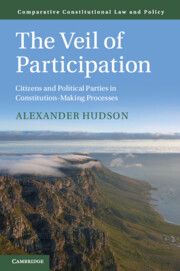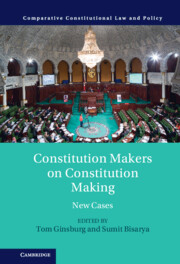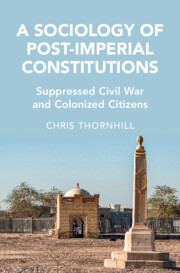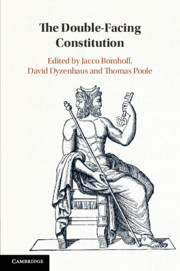The Veil of Participation
Public participation is a vital part of constitution-making processes around the world, but we know very little about the extent to which participation affects constitutional texts. In this book, Alexander Hudson offers a systematic measurement of the impact of public participation in three much-cited cases - Brazil, South Africa, and Iceland - and introduces a theory of party-mediated public participation. He argues that public participation has limited potential to affect the constitutional text but that the effectiveness of participation varies with the political context. Party strength is the key factor, as strong political parties are unlikely to incorporate public input, while weaker parties are comparatively more responsive to public input. This party-mediation thesis fundamentally challenges the contemporary consensus on the design of constitution-making processes and places new emphasis on the role of political parties.
- Establishes new connections between fields of research on political parties, participatory democracy, and constitutional law
- Suggests new pathways of research and changes in the way that constitution-making processes are structured
- Revises our understanding of the interaction between elites and citizens in constitution-making processes
Reviews & endorsements
'The Veil of Participation should appear on every shortlist for book of the year. A model study in comparative constitutionalism, this trailblazing analysis of constitution-making around the world answers questions once thought unanswerable. Hudson deploys state-of-the-art techniques in empirical analysis alongside the traditional case study method to produce a groundbreaking work on the impact of popular participation in constitutional design. Any scholar inquiring into popular constitutionalism will now have to grapple with this pioneering and profoundly important book.' Richard Albert, University of Texas, Austin
'This fantastic and timely book goes beyond the recent hype about citizen participation in constitution-making to ask a fundamental question: when does public participation really matter? Sometimes, as in the case of the South African constitution or, to a lesser extent, the Brazilian one, citizen participation is mostly veiling - that is hiding and even legitimizing - the reality of traditional party politics masquerading as openness to the people. Carefully documented, empirically rich, analytically rigorous, this book forces us to think hard about the conditions under which citizens’ participation can actually make a difference to the nature of a country’s social contract.' Hélène Landemore, Yale University
'Direct citizen involvement in the drafting of constitutions is a normative requirement firmly rooted in the democratic principle that only the people can hold ultimate constituent power. It has also become an increasingly common practice encouraged by international agencies that provide constitution-building assistance worldwide. Yet it is unclear what is the real impact that citizen input has on the final content of constitutions. In this path-breaking book, Alexander Hudson shows that public participation is in most cases unlikely to have a significant influence on the final content of constitutions, but that the extent to which citizens can make their input effectual is primarily determined by the strength of the political parties involved in the drafting process. This work has numerous important implications for the study of constitution making and popular participation and should be widely read by political scientists and scholars interested in comparative constitutional law.' Gabriel L. Negretto, Instituto de Ciencia Política, Pontificia Universidad Católica de Chile
Product details
April 2024Paperback
9781108793513
239 pages
228 × 150 × 13 mm
0.35kg
Available
Table of Contents
- 1. Introduction
- 2. Theoretical Foundations
- 3. South Africa
- 4. Brazil
- 5. Iceland
- 6. Cross-National Analysis
- 7. Participation Reconsidered.






.jpg)

